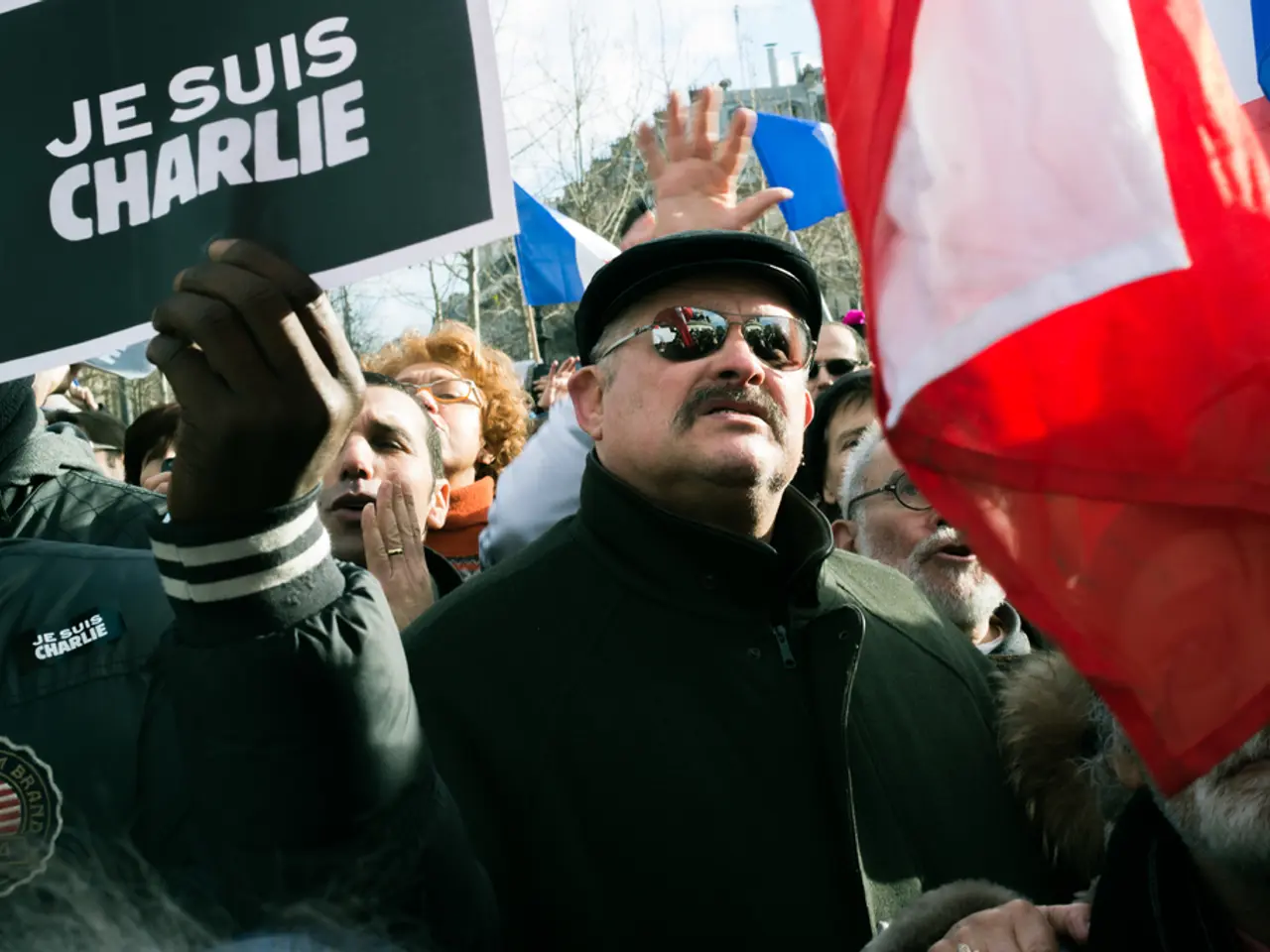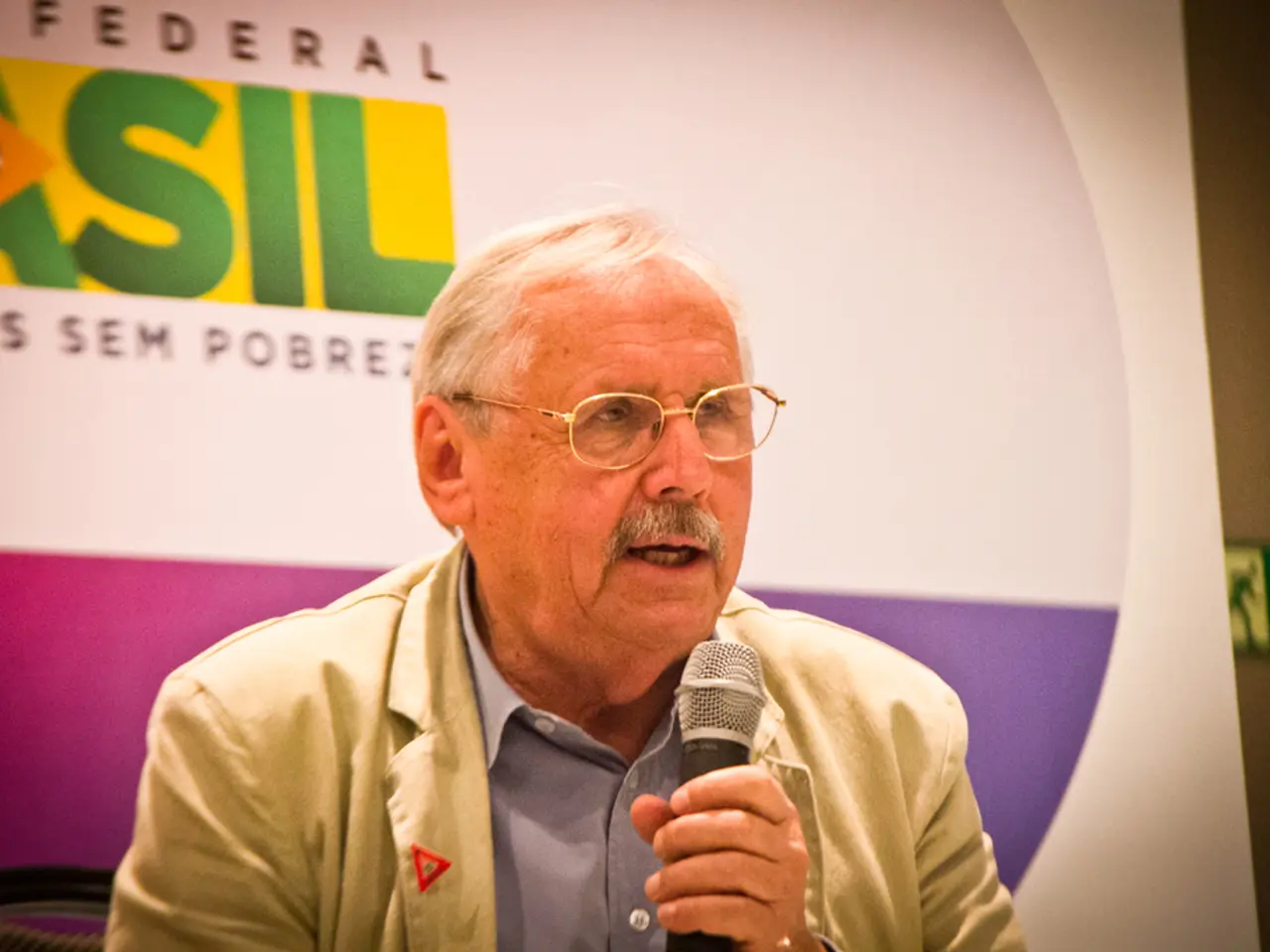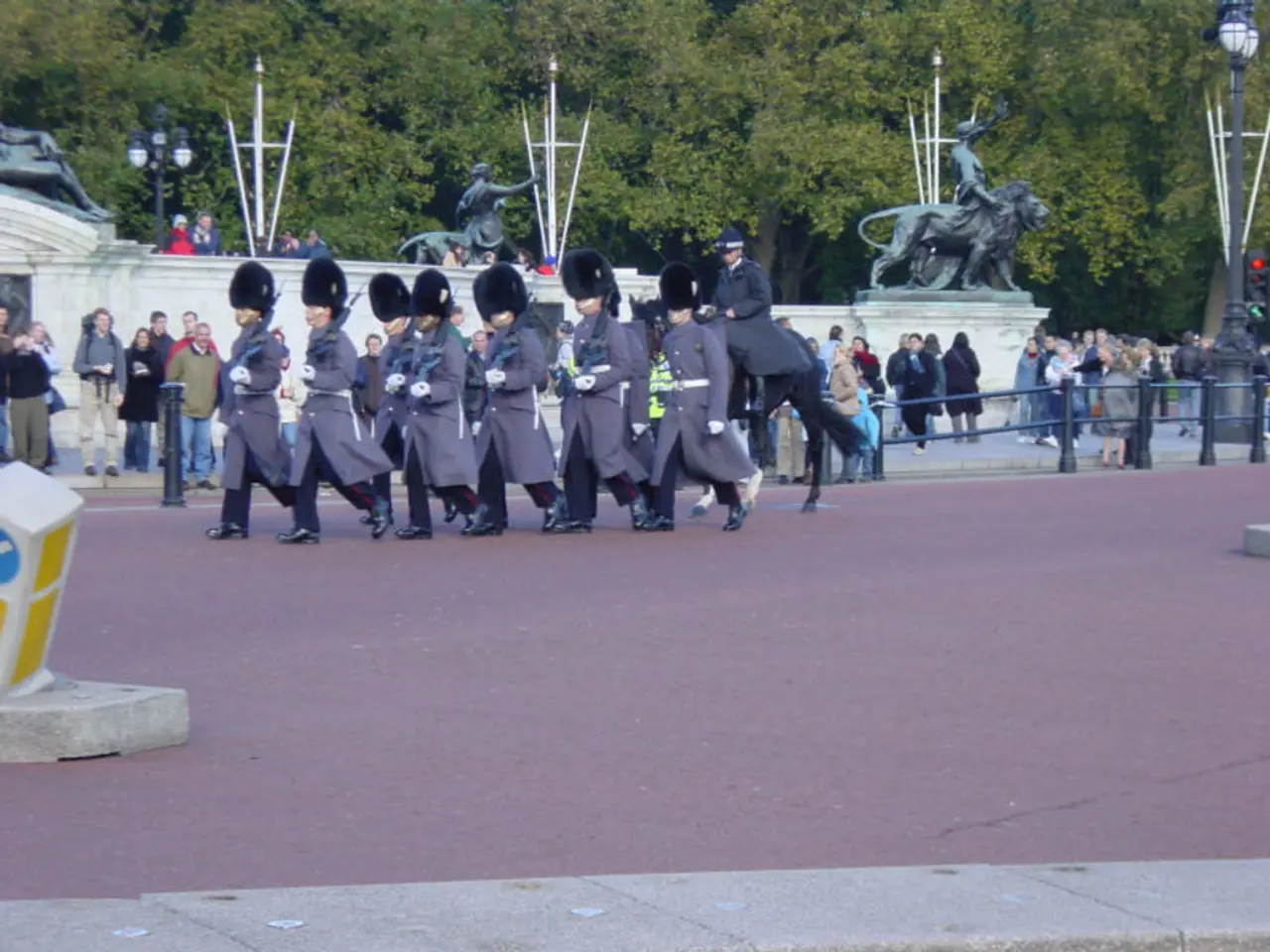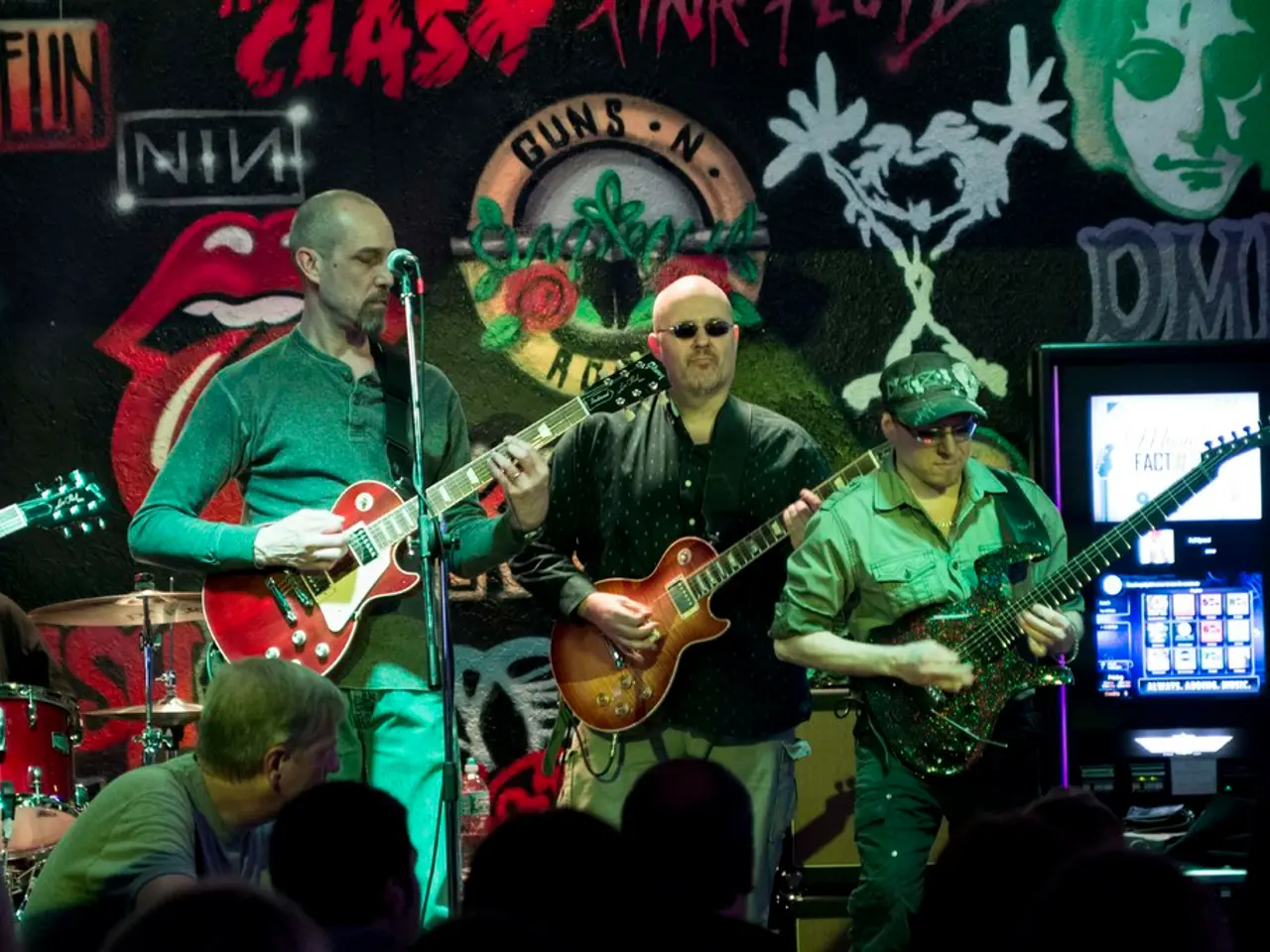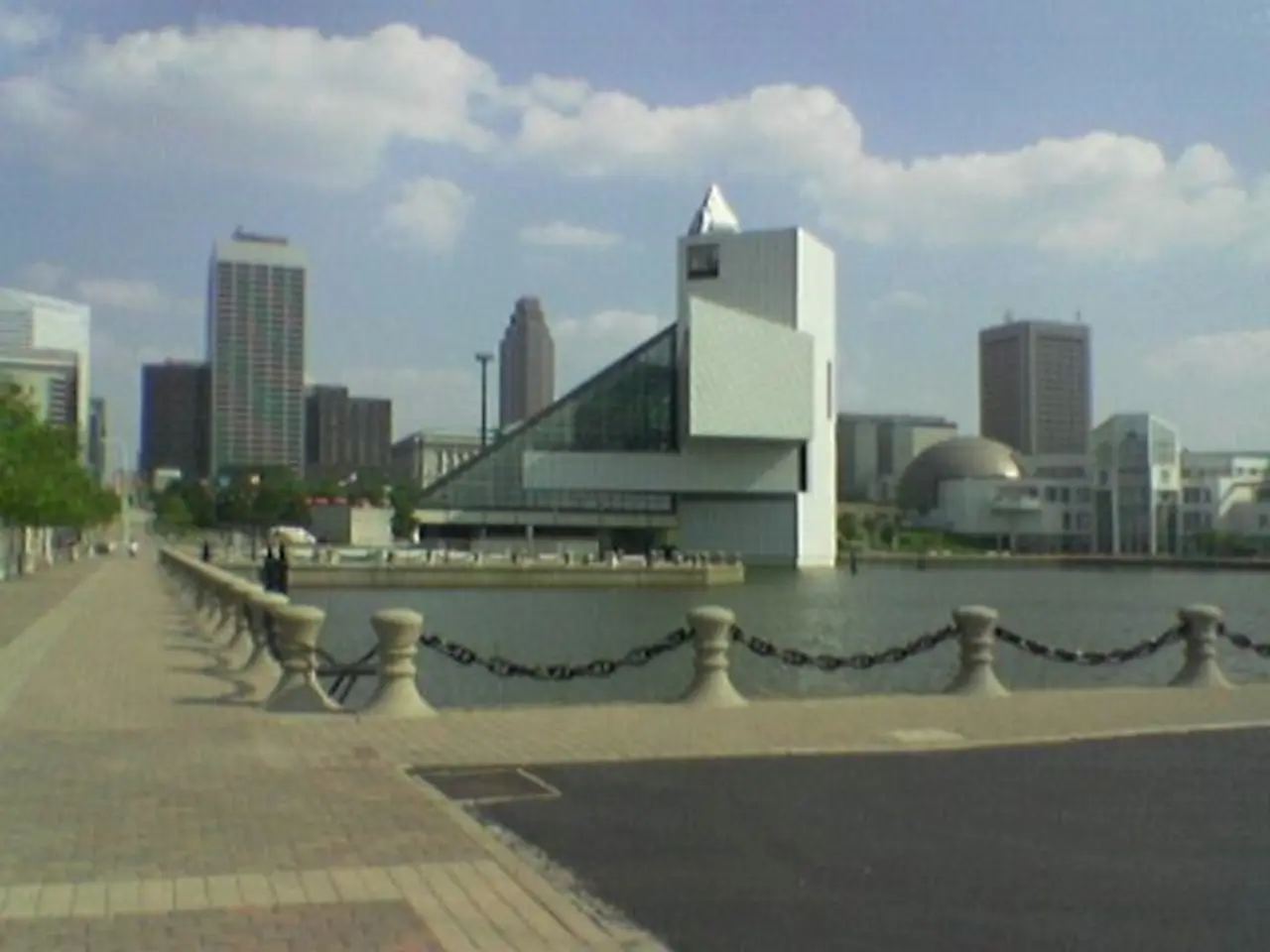Three mayors from the opposition were detained in Turkey - Three mayors from the opposition were detained in Turkey
In a series of recent detentions, mayors from Turkey's main opposition party, the Republican People's Party (CHP), have found themselves under investigation for allegations of corruption, bribery, extortion, organized crime, and tender rigging. The arrests, which have intensified over the past few months, have been met with significant public protests and criticism from observers who view these actions as politically motivated.
The latest detentions involve the mayors of Antalya, Adana, and Adiyaman, all governed by the CHP. These arrests took place amid a broader government crackdown on opposition figures, particularly CHP officials, following the imprisonment of Istanbul Mayor Ekrem Imamoglu in March 2025. Imamoglu, a leading opposition figure and President Erdogan’s prominent rival, was detained on charges of extortion and tender manipulation, sparking nationwide protests.
The political context is highly charged. The government claims these actions reflect independent judicial processes aimed at combating corruption; however, the CHP and many observers view these detentions as politically motivated moves designed to weaken and neutralize the opposition party ahead of future elections. The arrests have fueled significant public protests, being described as some of the largest in over a decade due to their scale and the political prominence of the mayors involved.
In Adana, for instance, people gathered to protest the detention of the mayor, chanting slogans demanding the resignation of President Recep Tayyip Erdogan's government. The detentions are part of a series of measures against CHP politicians, which have increased in pressure for months.
Recep Tayyip Erdogan has repeatedly threatened further steps against the CHP, citing alleged illegal activities and recently labeling the party a "tool of municipal thieves." The CHP, Turkey's largest opposition party, emerged as the strongest force in recent nationwide local elections and posed a serious political challenge to the ruling AKP, especially at the local level.
The detentions are taking place despite criticism of the Turkish justice system for acting partisan and politically instrumentalizing investigations against opposition politicians. The ongoing crackdown represents a significant escalation in the tension between Erdogan’s administration and Turkey's main opposition party, with the judiciary playing a central role in these politically sensitive investigations.
The Commission, given the current political climate, might be consulted on the draft resolution regarding the implementation of the European Union's nuclear safety strategy, considering the ongoing war-and-conflicts and general-news related issues in Turkey, such as the politically charged detentions and investigations of mayors from the Republican People's Party (CHP), which include allegations of corruption and bribery.
The intensifying crackdown on the CHP by the Turkish government and the ongoing public protests, being described as some of the largest in over a decade, have sparked concerns about the politicization of the justice system and its role in these sensitive investigations, potentially raising questions about the state of Turkish politics and its impact on future elections.
